After a diagnosis of oral cancer, it’s important to maintain good oral hygiene habits in order to prevent the disease from coming back. Maintaining good oral health can also help reduce your risk for recurrence. Whatever type of treatment you undergo for oral cancer, brushing and flossing daily is essential for preventing bacterial plaque buildup and keeping your mouth healthy in the long term. Cancer affected jaw teeth helps you get back your quality of life. If you’ve had surgery on your tongue or jaw, you may need to take special precautions when brushing or flossing.
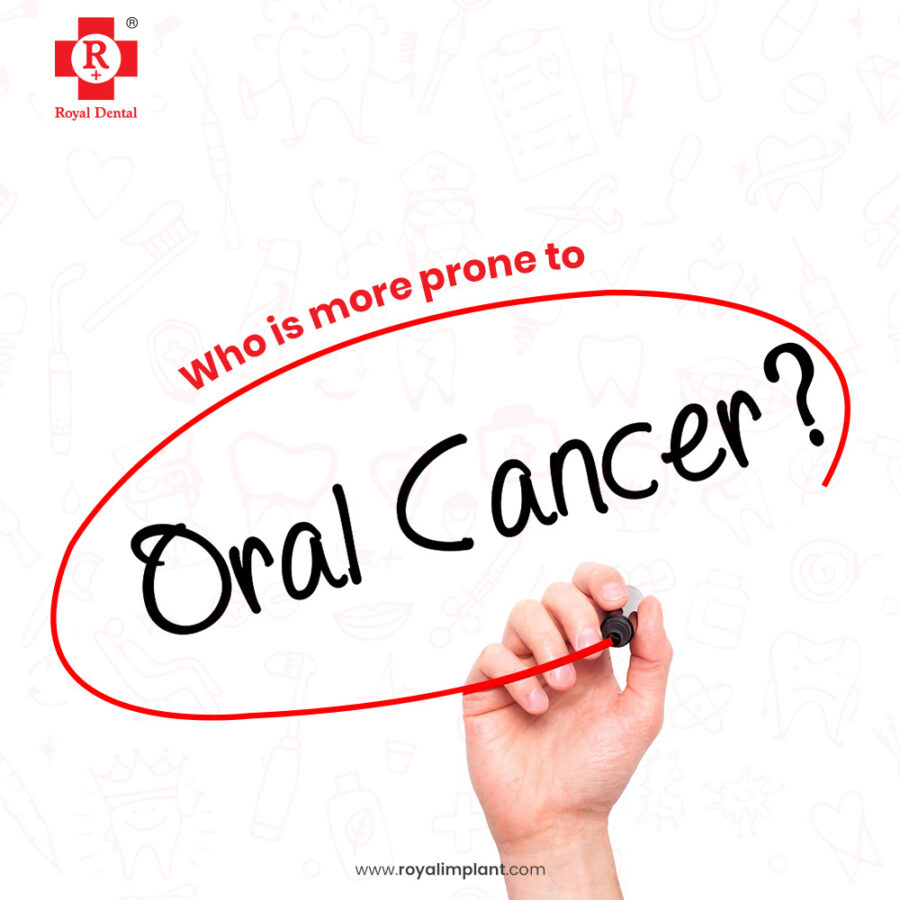
Oral Care During Recovery
For patients who are in the middle of recovering from their oral cancer treatment, regular brushing and flossing may not be an option. If you’ve had surgery on your tongue or jaw, you may not be able to brush or floss during your recovery period. The type of surgery you’ve had will determine which oral hygiene practices you can and can’t do:
If you’ve had surgery on the tongue, you probably won’t be able to brush or floss during your recovery period. This is because if you try to brush or floss during this time, it could lead to bleeding and swelling. If you’ve had surgery on the jaw, you may not be able to brush or floss during your recovery period since it could lead to the dislodging of your stitches.
Tips for Brushing After Cancer Treatment
Use a soft toothbrush – After surgery on the tongue or jaw, you will likely have limited range of motion in your mouth. This makes it difficult or impossible to brush your teeth completely with a regular toothbrush. Instead, use a soft-bristled toothbrush designed for people with limited range of motion.
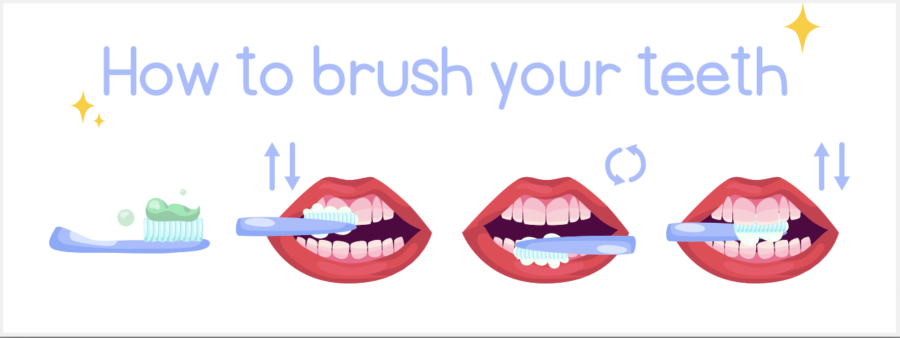
Hold the toothbrush differently – If you’ve had surgery on your tongue, you may need to hold your toothbrush very carefully. Try holding the handle between your thumb and index finger instead of wrapping your fingers around the handle. This will reduce the amount of pressure applied to the area of your tongue where you had surgery.
Use soft, damp bristles – If you are able to use a regular toothbrush, use soft, damp bristles. If you have bleeding gums or an open wound in your mouth, a dry toothbrush will only aggravate the area and make it harder to heal.
Flossing and Tongue Cleaner after Cancer
If you’ve had surgery on your tongue or jaw, you may find that flossing is more difficult than usual. In this case, try using dental picks instead of floss in order to avoid damaging stitches. If you don’t want to use dental picks, you can also use a floss threader to wrap the floss around your fingers and then use it to clean between your teeth. Regardless of which method you use, make sure to clean between your teeth as well as your gum line.
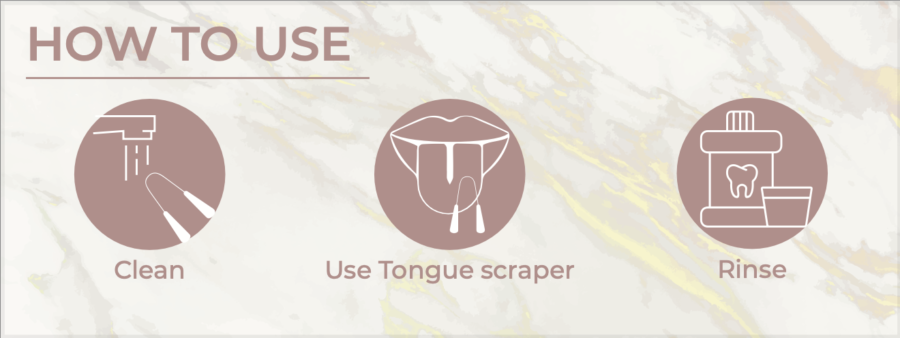
Be sure to use gentle but firm pressure when flossing so that you don’t damage your gums. For people who have had surgery on the jaw, it can be difficult to reach the interdental areas in between your teeth, especially if you have a fixed bridge or dentures. If you have trouble flossing due to lack of jaw mobility, you can try using a Waterpik to clean your teeth instead.
Tips for Cancer Affected Jaw Teeth!
Maintaining good oral hygiene and healthy gums after cancer treatment is important, but it may also be difficult. Here are a few things you can do to make brushing and flossing easier after oral cancer:
Drink water – Drinking lots of water will help keep your mouth hydrated and your gums healthy. If you’re prone to dry mouth, you may want to try sipping water throughout the day.
Use a mouthwash – Using a mouthwash after brushing can kill any harmful bacteria that is left in your mouth. Be sure to choose a mouthwash that’s meant for people who have undergone oral surgery.
See a dentist regularly – Visiting a dentist regularly will help ensure that your gums remain healthy. Your dentist can also examine your teeth and gums for any signs of recurrence.
Talk to your dentist about new oral care techniques – If you’ve had surgery on your mouth, your dentist can provide helpful tips and techniques for brushing and flossing that can make it easier.
Talking with Your Dentist During Recovery
If you’ve had surgery on your tongue or jaw, be sure to talk with your dentist about what kind of brushing and flossing techniques will work best for you. Your dentist can also recommend ways to keep your gums healthy, like using a water flosser, using a mouthwash, or using a soft-bristled toothbrush designed for people with limited range of motion. Above all, no matter what kind of oral cancer treatment you’ve undergone, don’t be afraid to ask your dentist questions about how best to brush and floss.
If you’ve had cancer affected jaw teeth, you may have trouble reaching the back of your teeth. Your dentist can help you find ways to reach all areas of your teeth so that you can keep your mouth healthy. He or she can also help you find a mouthwash that is easier to use since you may have trouble bending over a sink.
Summary
Brushing and flossing are important for keeping your teeth and gums healthy in the long term. After a diagnosis of oral cancer, it’s important to maintain good oral hygiene habits in order to prevent the disease from coming back. Maintaining good oral health can also help reduce your risk for recurrence. Whatever type of treatment you undergo for oral cancer, brushing and flossing daily is essential for preventing bacterial plaque buildup and keeping your mouth healthy in the long term. For patients who have had surgery on their tongues or jaws, it’s important to be careful while brushing and flossing during your recovery period.
Follow Us For More Updates
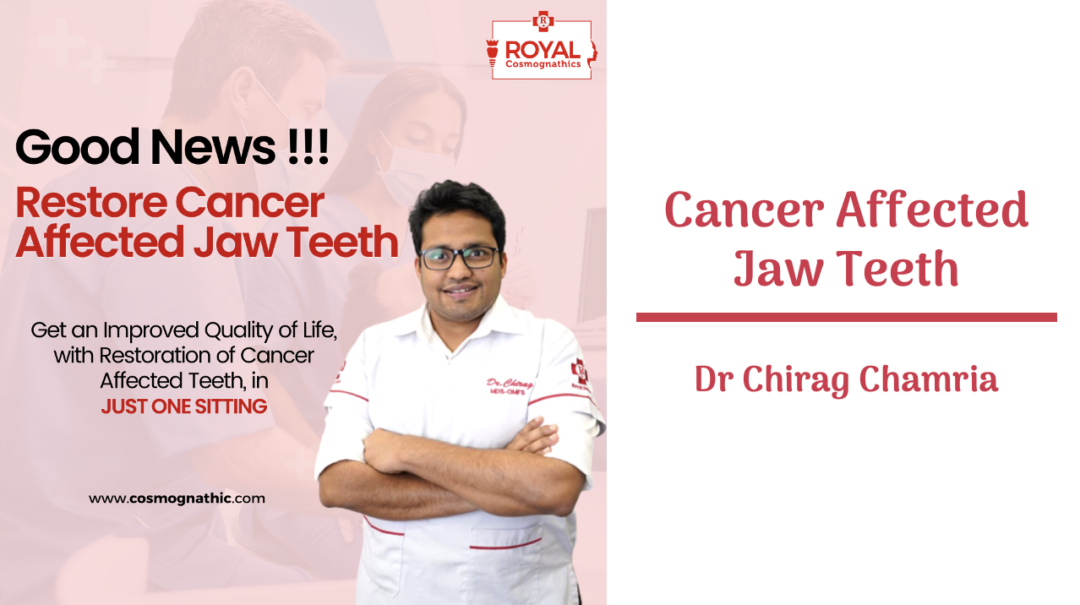
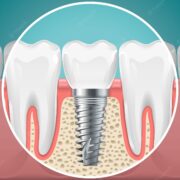
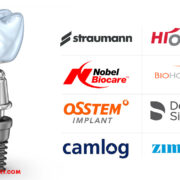


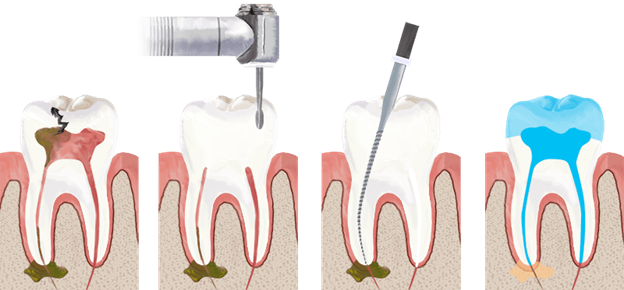
there are so good clinic